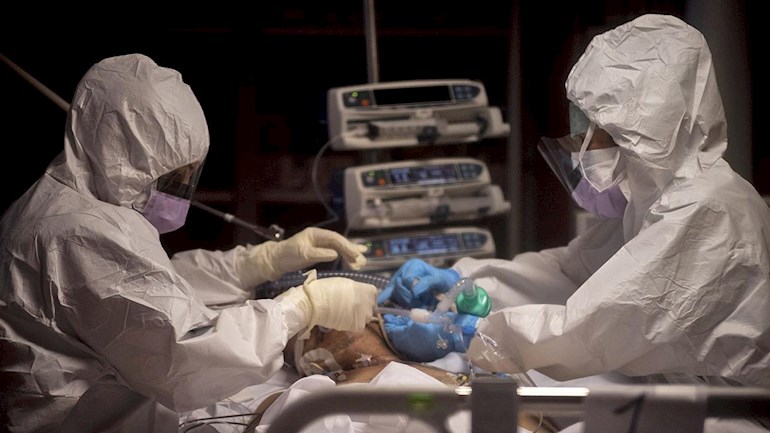COVID-19 is strangely—and tragically—selective. Only some infected people get sick and although most of the critically ill are elderly or have complicating problems such as heart disease, some killed by the disease are previously healthy and even relatively young.
Researchers are now gearing up to scour the patients’ genomes for DNA variations that explain this mystery. The findings could be used to identify those most at risk of serious illness and those who might be protected, and they might also guide the search for new treatments.
The projects range from ongoing studies with DNA for many thousands of participants, some now getting infected with the coronavirus, to new efforts that are collecting DNA from COVID-19 patients in hard-hit places such as Italy. The goal is to compare the DNA of people who have serious cases of COVID-19 (which stands for coronavirus disease 2019)—but no underlying disease like diabetes, heart or lung disease—with those with mild or no disease.
There are obvious targets, such as the gene coding for the cell surface protein angiotensin-converting enzyme 2 (ACE2), which the coronavirus uses to enter airway cells. Variations in the ACE2 gene that alter the receptor could make it easier or harder for the virus to get into cells, says immunologist Philip Murphy, whose lab identified a relatively common mutation in another human cell surface protein, CCR5, that makes some people highly resistant to HIV.
Sadly there is no shortage of patients for them.
More here: sciencemag.org/news/2020/03...
Stay home, stay safe
Jackie
